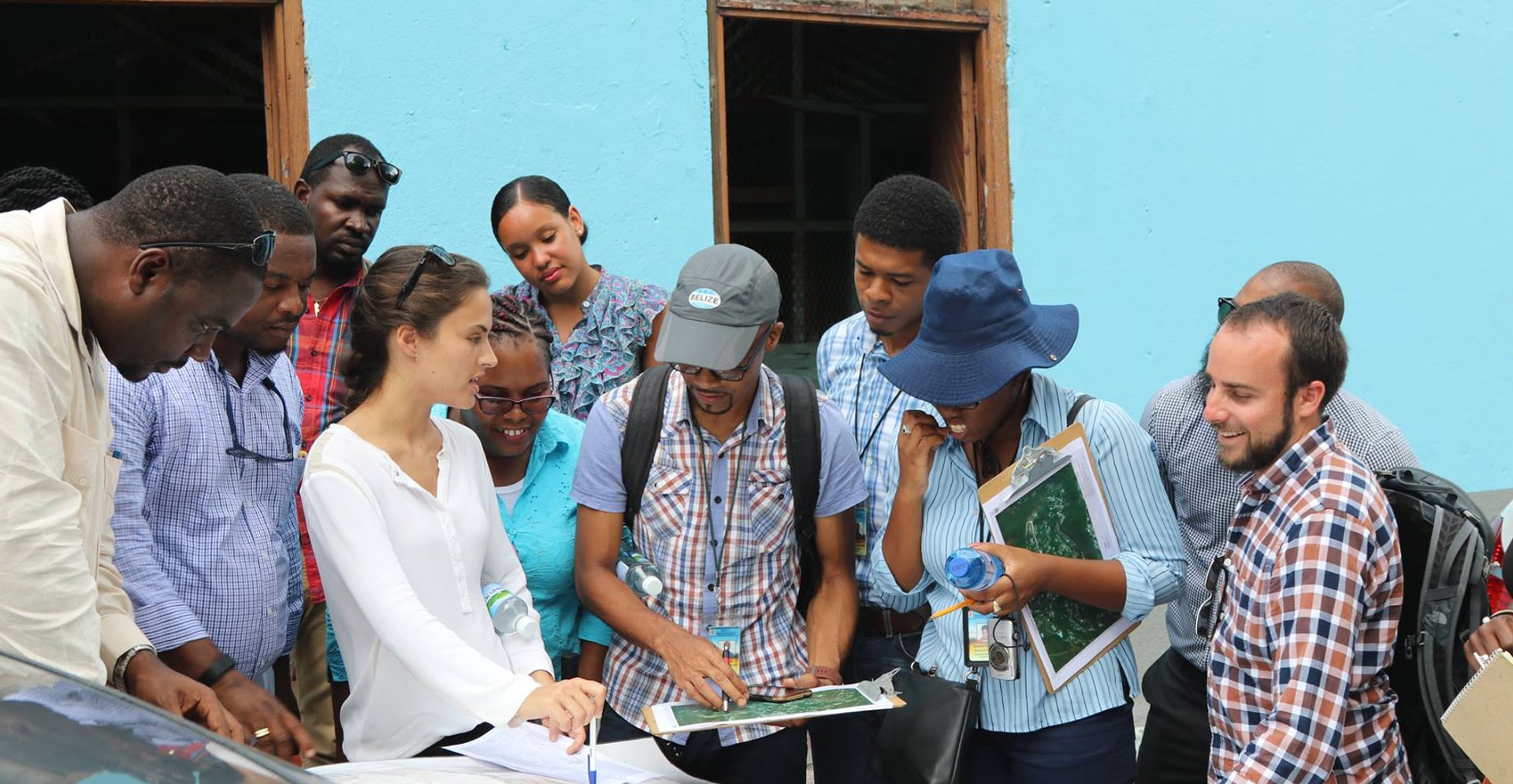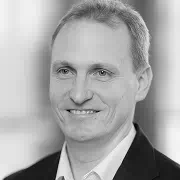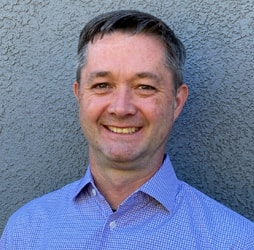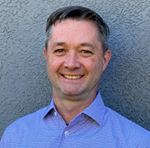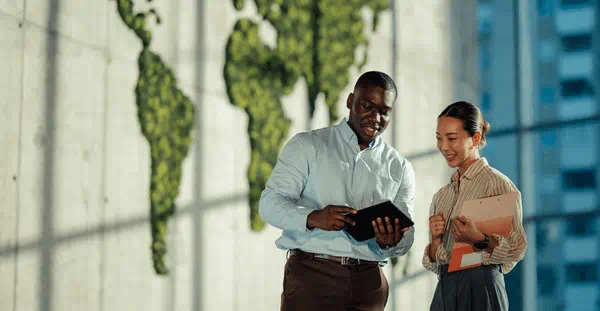Safe environment. Reliable drinking water. Access to sanitation. These little things that we enjoy, but probably do not give much thought to daily, are part of our rights as human beings. — rights that are guaranteed regardless of our nationality, gender, religion or any other status. For many, however, these rights are considered a luxury especially in places where government entities serve as hurdles rather than catalysts to providing people with basic rights.
This is a situation that organizations investing in development projects in countries across the globe are familiar with. On the one hand, we want to work with communities to spur development that could help people realize their rights. But on the other hand, we also want to make sure that we are not indirectly supporting governments with poor human rights record.
Looking beyond what needs improvement
Our experience working with UN-Habitat through Shelter Program has demonstrated the demands that must be met to balance providing assistance to communities, while advancing human rights in countries with questionable records. The program has helped us look beyond a location’s human rights record and focus on what the people need. These communities often do not have the resources or institutions to solve these issues, and we can focus on bringing basic human rights of a clean, healthy and sustainable environment to these areas while providing an example of how to do so in a way that respects broader human rights issues of inclusivity and equity.
Shelter exists to make an impact on people by helping them stay safe from disasters and address challenges on water provision, housing and access to infrastructure, to name a few. If we were to avoid areas with governments that do not fully respect human rights, situations for the communities would not improve but only worsen. We believe that by helping the people address their basic needs in a manner that demonstrates how to do so respecting all voices in the community, they will be able to work together to tackle wider issues afflicting their communities.
Therefore, inclusivity is another aspect that we learned to focus on while doing Shelter missions. The loudest voices do not always encapsulate what everyone, especially the marginalized groups, needs. During our first meeting with a community in Africa, the men of the community provided us with details of their problem with flash floods. Noticing that the women were barely speaking, we split the group and assigned Tanya Huizer, a female member of our team, to talk to the women. From them we learned that it was not just the flooding that needs to be addressed but also the issues with freshwater availability, wastes that block the drainage channels causing flash floods, and diseases that came with the floods.
In a separate mission concerning frequent heavy flooding, we learned from our discussions with the community that communication and early warnings instead of the technical solutions were their biggest concern. We spoke with disabled members of the community to understand their worries and struggles which resulted in additional recommendations on how to act prior, during and after a flood. Our collaboration with the community resulted in a good understanding of their needs and the required support during floods.
Human rights and development
Via the Shelter Program, Arcadis supports UN-Habitat in working directly with communities that are disadvantaged or traditionally underserved to advance basic human rights to these communities. By doing so, we are helping deliver Sustainable Development Goals (SDG), particularly SDG11 to address the challenges of cities and communities. Moreover, we design solutions that can be managed by the local communities who depend on them and help the people be more self-reliant and less dependent on public actors, so they can become resilient to future problems.
This year’s Human Rights Day marks a year-long campaign to uphold and spread knowledge about everyone’s rights in preparation for the 75th anniversary of the Universal Declaration of Human Rights on 10 December next year. Aside from promoting this momentous event, it is also a great reminder for us all to take part in activities that help uplift the rights of people who are in need no matter where they live and regardless of the human rights standing of their government.
